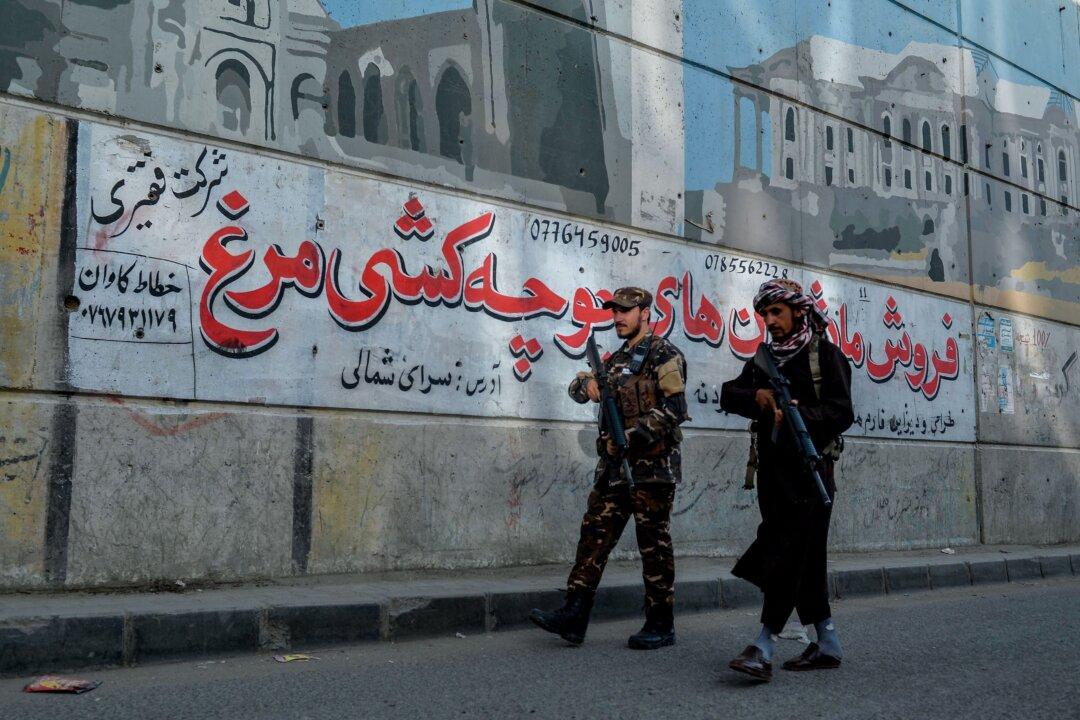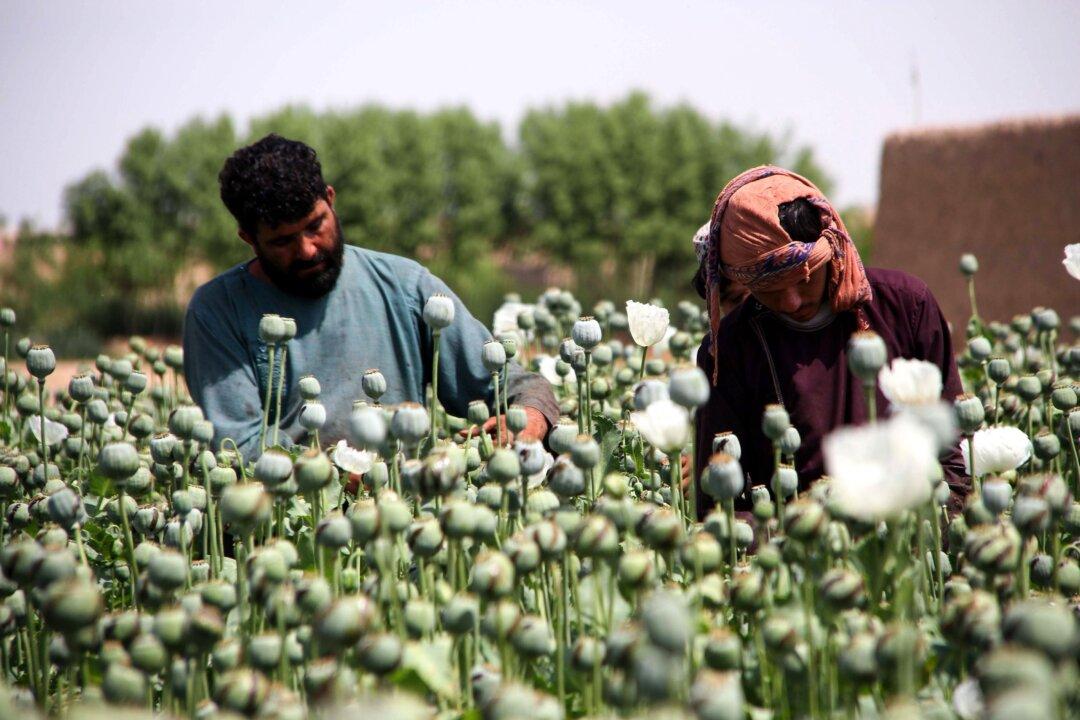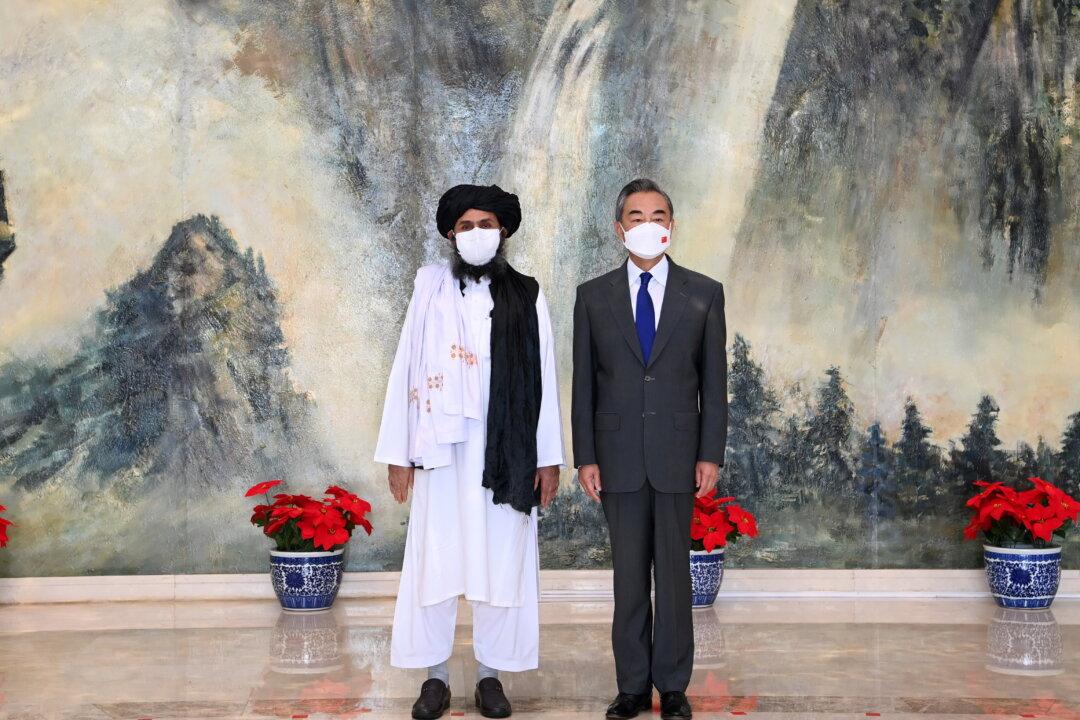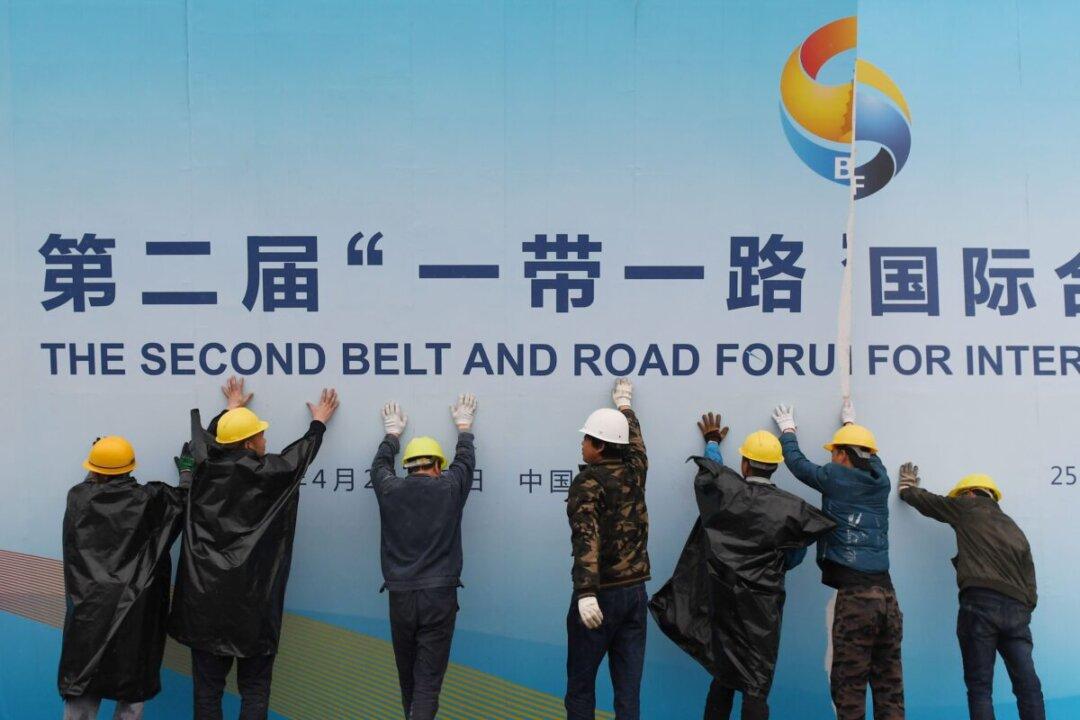The U.S. departure from Afghanistan has opened the doors for greater cooperation between Beijing, Moscow, and Iran in the Central Asian country, experts say.
Both Beijing and Moscow have interests in the estimated $1 trillion worth of minerals in Afghanistan. Yet analysts caution that it may be a long time before any economic goals can be realized.




